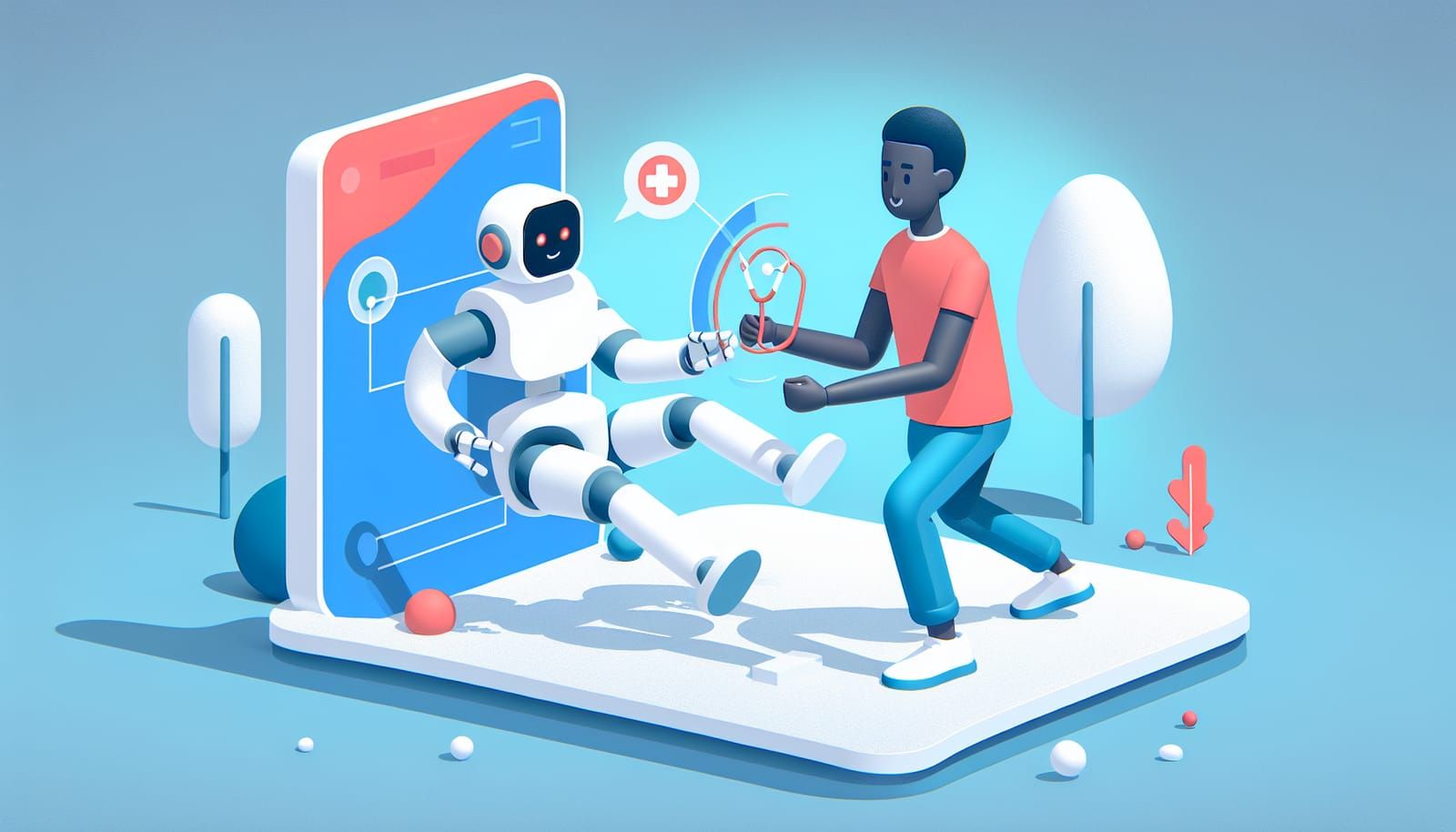Artificial Intelligence (AI) is no longer just a term we see in science fiction movies. It's becoming a part of our everyday lives, changing how we work, learn, and interact. As AI technology continues to grow, it's important to understand how it will shape the future job market. So, what kinds of jobs will be created because of AI? Let’s explore this fascinating new world together!
The AI Revolution
Imagine waking up in a world where your coffee is brewing automatically, your car drives you to work, and your doctor has access to the latest health information at their fingertips—all thanks to AI. This is not a distant dream; it’s happening right now! AI is a technology that enables machines to mimic human intelligence, performing tasks such as understanding language, recognizing patterns, and solving problems.
As AI systems become smarter and more integrated into various industries, they will create new opportunities and jobs we can’t even imagine yet. In fact, the World Economic Forum predicts that AI will create 97 million new jobs by 2025!
New Roles in Tech
As AI technology evolves, so too will the demand for skilled professionals. Here are some examples of jobs that will become more prominent in the tech industry:
1. AI Ethicists
As AI systems become more prevalent, we must ensure that they are used ethically and responsibly. AI ethicists will be responsible for creating guidelines and policies that protect users and ensure fairness in AI applications. They will help answer important questions like: "Is this AI system biased?" or "How do we keep user data safe?"
2. Machine Learning Engineers
Machine learning engineers develop AI algorithms that allow machines to learn from data. They create programs that can improve over time without being explicitly programmed. These engineers are essential for building systems that can recognize faces, understand speech, and even play games like chess against human opponents.
3. AI Trainers
AI systems need training to function effectively. AI trainers are responsible for teaching machines how to perform tasks by feeding them data and guiding them through the learning process. This role is crucial for ensuring that AI systems can understand human language, recognize objects, and make decisions based on the information provided.
Jobs in Healthcare
AI is also making waves in the healthcare sector. Here are some exciting new job opportunities in this field:
1. Health Data Analysts
With AI, we can analyze vast amounts of health data to find patterns that can improve patient care. Health data analysts will collect and interpret this data, helping healthcare providers make better decisions about treatment options and patient outcomes.
2. Telemedicine Coordinators
Telemedicine is becoming increasingly popular, allowing patients to consult with healthcare professionals from the comfort of their homes. Telemedicine coordinators will be responsible for managing these virtual appointments, ensuring that both patients and doctors have a smooth experience.
3. AI-Powered Diagnostic Specialists
Imagine a world where AI can help doctors diagnose diseases more accurately and quickly. AI-powered diagnostic specialists will work alongside healthcare professionals, using advanced AI tools to analyze medical images and data, leading to earlier and more accurate diagnoses.
Creative Careers in the Age of AI
AI isn't just for techies; it’s also opening up new opportunities in the creative world. Here are some examples:
1. Content Curators
With the vast sea of information available online, content curators will be needed to sift through data and find the most relevant and engaging materials. They will use AI tools to help them identify trends and popular topics, ensuring that audiences receive the best content.
2. AI-Enhanced Artists
Artists and designers can use AI to enhance their work, creating pieces that incorporate technology in ways we’ve never seen before. AI-enhanced artists can leverage algorithms to generate new art styles, animations, or even music, pushing the boundaries of creativity.
3. Virtual Reality Designers
As AI and virtual reality (VR) merge, there will be a growing demand for VR designers who create immersive experiences. These designers will develop virtual environments for gaming, education, and training, making it possible for users to explore new worlds from their living rooms.
Opportunities in Education
AI is also transforming the educational landscape, creating new roles for educators and support staff:
1. Educational Technologists
Educational technologists will help schools and universities integrate AI tools into their teaching strategies. They will ensure that educators are equipped to use these technologies effectively, enhancing learning experiences for students.
2. Personalized Learning Facilitators
AI can provide tailored learning experiences for students, adapting lessons to individual needs and learning styles. Personalized learning facilitators will work with students to identify their strengths and weaknesses, helping them achieve their academic goals.
3. AI-Powered Tutors
Imagine having a tutor that’s available 24/7, ready to help with homework or provide extra support. AI-powered tutors will use algorithms to assess a student’s progress and offer assistance when needed, ensuring that no one falls behind.
Conclusion: Embracing the Future
The arrival of AI is not something to fear; instead, it’s an opportunity to embrace change and innovation. While some jobs may be replaced by automation, many new and exciting roles will emerge. The key is to adapt, learn, and grow with the technology.
As we look to the future, it's essential to prepare ourselves for the changes that AI will bring. Whether you're a student, a working professional, or simply someone curious about the world, understanding AI and its potential can open doors to new opportunities. The future is bright, and with AI on our side, there’s no limit to what we can achieve!
So, let’s step into this new world together, equipped with knowledge and enthusiasm, ready to create a brighter future for all!


